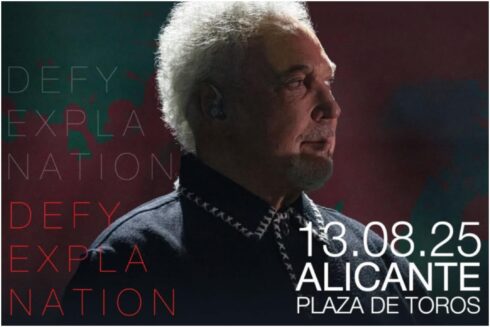A total of £46.5m (€53.6m/$58.6m) in voluntary donations was received by GambleAware during the 2022/23 financial year. The British charity reported that 92% of the total amount, approximately £42.7m, was generated by four of the largest operators in the industry: Entain, William Hill, Bet365, and Flutter.

Without a doubt, operators’ main driving force is success, and this comes through promoting tempting deals to players. These come in the form of the best no deposit bonus codes, free spins and even cashback offers, which, while beneficial to lucky players, increase companies’ revenue for the most part. However, big brands have also built their stellar reputation because they have contributed greatly to social responsibility, by means of generous donations to charities like GambleAware.
Flutter entertainment once again led the way, pledging £18.0m across a number of brands during the year, while Sky Betting & Gaming and Paddy Power Betfair each donated £8.2m. Entain provided the second largest donation from its Ladbrokes Coral brand, giving the British charity a whopping £15.2m. Hillside, the BET365 operator, offered up a total of £5.0m, with William Hill following suit with £4.6m.
Rise in Problem Gambling
The total amount of contributions was 34% higher than that of the previous financial year, reflecting the industry’s shift towards providing better resources for those individuals suffering from gambling addiction. The continuous rise in problem gambling cannot continue to be ignored, with recent studies revealing that the cost of living crisis has pushed more people to seek out gambling in the hopes of improving their financial situation.
Despite gambling levels having remained consistent since December 2022, recent data from the Gambling Commission revealed that there was an increase in people buying national lottery tickets. These results echoed a similar study conducted in Iceland following the financial crash, which showcased a surge in lottery sales while other forms of gambling remained the same.
A report conducted by the University of Bristol, supported by the Financial Fairness Trust, estimated that around 11.8 million people in Britain are negatively affected by someone with a gambling addiction. It also shed light on the lack of support services in Britain, with many only serving specific geographical areas or groups, limiting access despite the rising need.
What’s Next ?
While the increase in donations has been celebrated by the UK-based charity, the government’s plans to introduce a statutory levy, as stated in its gambling white paper, will aid the organisation’s efforts to continue to work on their various programmes, such as the National Gambling Support Network, as well as introduce new ones to address the on-going gambling harm crisis.
Gamble Aware shows no signs of slowing down, with just this week securing safe gaming charity Betknowmore UK on board their National Gamble Support Network. The organisation will soon proceed to roll out all three of the charity’s services, including Peer Aid, GOALS, and New Beginnings, helping to improve their accessibility over the next three years.
Last year, Gamble Aware also provided a £4 million grant to the University of Bristol to help fund the Bristol Hub for Gambling Harms Research. The independent hub will work towards understanding the wider effects of gambling harm.
They have also just recently provided a 3-year funding extension for the TalkBanStop scheme, which brings together Gamban’s blocking software, GamCare’s personal support personnel, and Gamestop’s self-exclusion scheme to help those struggling with gambling addiction. The collaborative endeavour started back in 2020 and has since helped 12,000 people by providing them with the necessary tools to help curb their problem gambling behaviour.
Final Thoughts
The soon-to-be imposed statutory levy is the necessary step the industry needs to continue to tackle the alarming rates of gambling harm. GambleHarm is, however, urging the government to enforce the changes sooner rather than later, as delays risk slowing down the progress that is already happening, such as funding for research, treatment, and prevention, as outlined in the charity’s 5-year organisational strategy.








